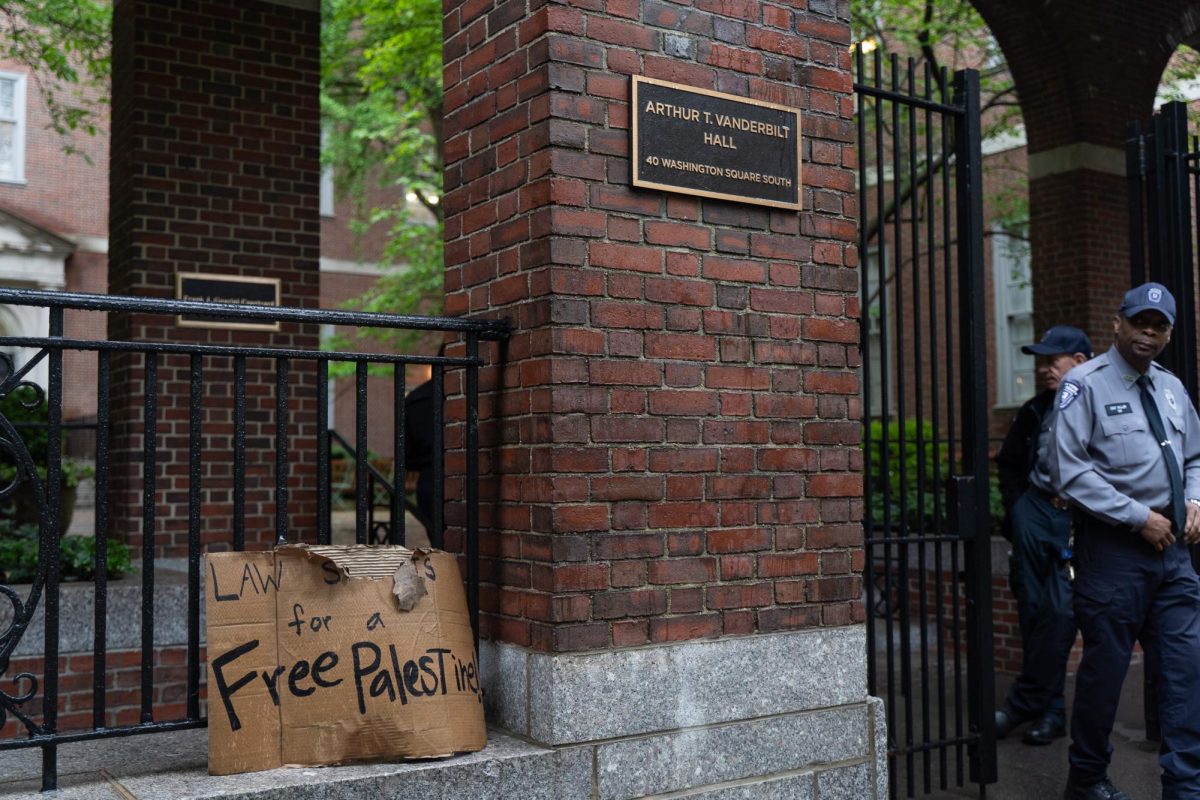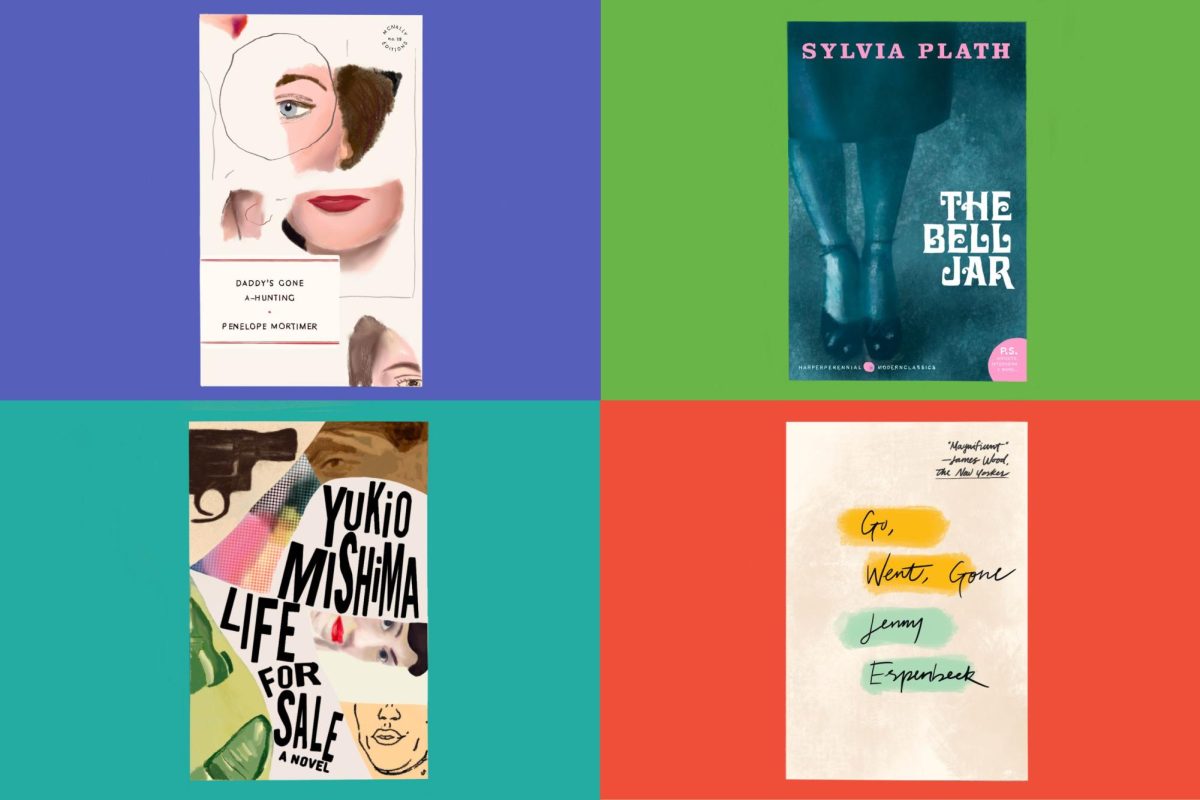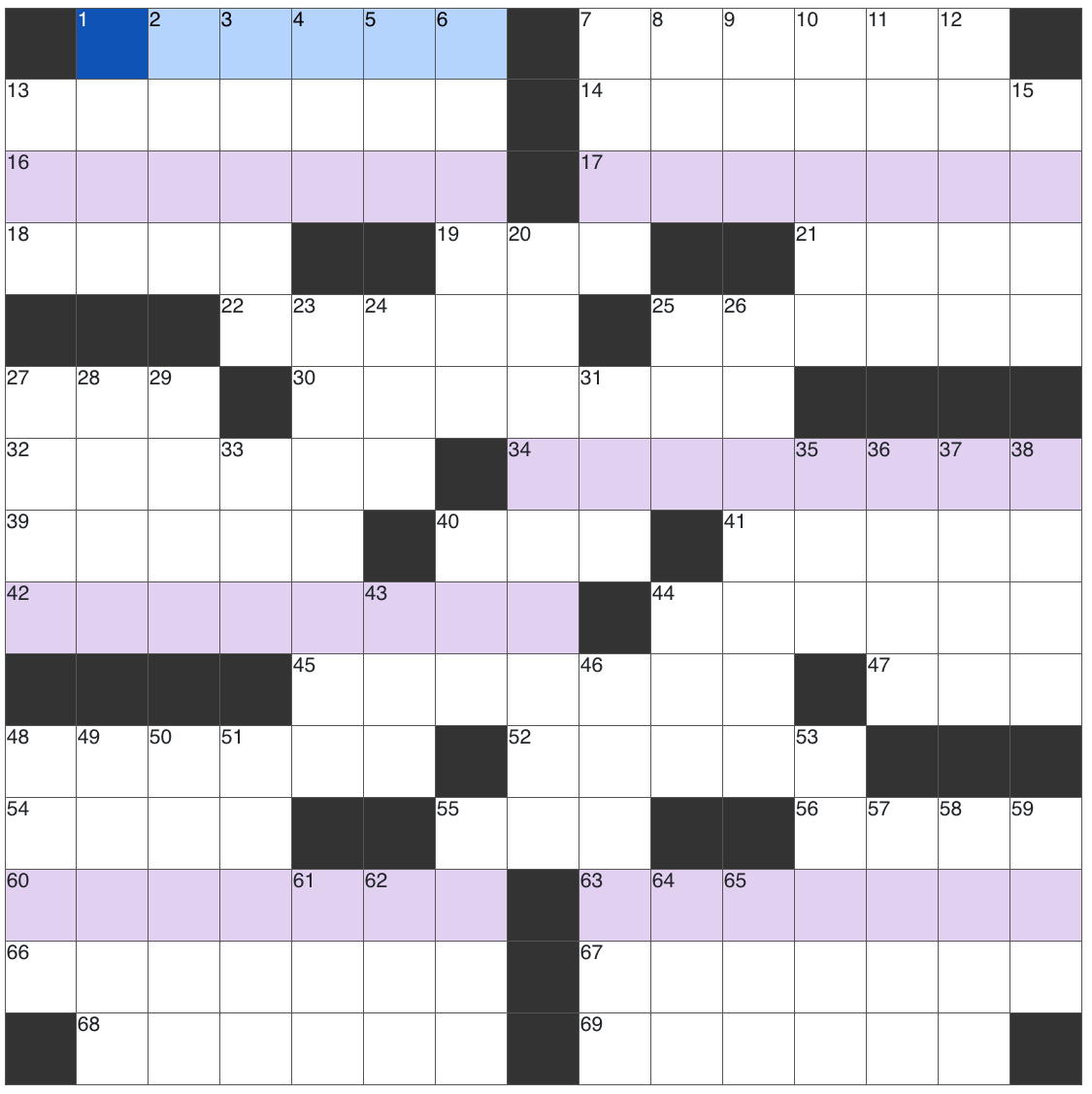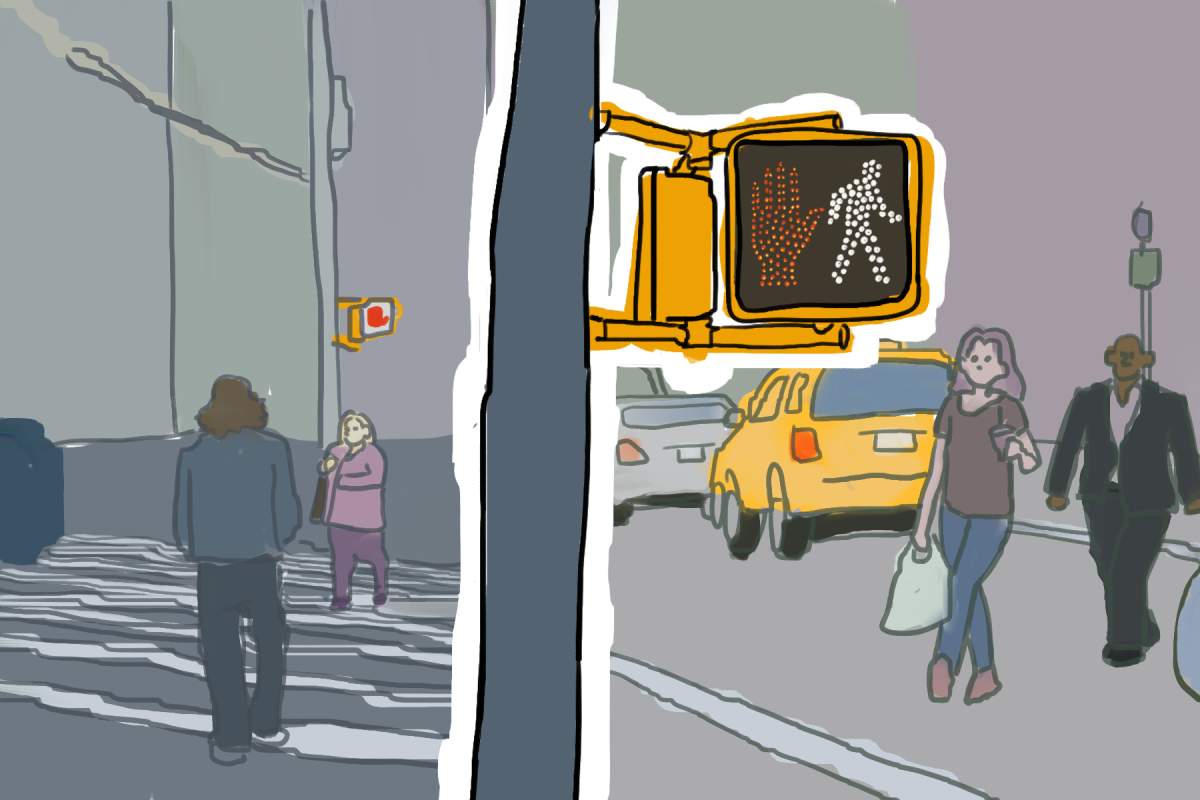Sexism persists in the literary world
December 5, 2014
During her 22-year career, author Jodi Picoult has written 23 novels, eight of which have been number one on the New York Times best seller list. All of Picoult’s novels have dealt with complex topics, including leukemia, school shootings and suicide. Yet in the eyes of literary critics, Picoult has penned nothing but the finest of airport fiction. In a Nov. 26 interview with The Telegraph, Picoult criticized the literary world for its treatment of female authors, saying that when women write about women — or anything for that matter — the work they produce is considered “chick lit.” Her comments decry the sexism that persists in the literary world.
Research substantiates Picoult’s claim. A 2013 VIDA study found that men’s work was reviewed more frequently than women’s work overall. Female writers, editors and publishers are also treated as tokens with qualifiers consistently attached to their titles — not simply a writer, but a female writer. This tokenism becomes even more apparent in male-dominated genres like science fiction, where women are the minority of writers and editors. In addition, literary conventions prove to be discriminatory toward women. In 2013, sci-fi writer Ann Aguirre revealed that male writers mistook her for a barista at a science fiction literary convention, where she was one of the only women on the discussion board. She said that her male colleagues consistently talked over her during the question-and-answer portion of the event.
Sexism in this industry is hardly new. Throughout its history, the work of female writers has commonly been seen as inferior to that of male writers. In a 1922 letter to fellow poet Ezra Pound, T.S. Eliot proclaimed that work written by women was unworthy of publication. Novelist Norman Mailer was quoted saying he could “sniff out the ink of a woman.” In a more recent 2011 interview, Nobel Prize-winning author V.S. Naipaul said he did not think female authors could be comparably successful to male authors, as he considered the worldviews of women to be too narrow and sentimental to produce quality work.
These sexist critiques of female authors are meritless. The literary world should welcome women, as their books are forces to be reckoned with. J.K. Rowling has made a fortune from her “Harry Potter” series. Danielle Steele has sold 800 million books and is the eighth in the world on the list of bestselling authors. Toni Morrison has won both a Nobel and Pulitzer Prize. Every one of Mary Higgins Clark’s 42 books has been a bestseller and Isabel Allende is heralded as the world’s most widely read Spanish language author.
Many influential novels were penned by women, including, “A Tree Grows in Brooklyn,” “Pride and Prejudice,” “To Kill A Mockingbird,” “I Know Why The Caged Bird Sings” and “The Color Purple.” Additionally, writers like Mary Shelley, Virginia Woolf, Charlotte Bronte, Joan Didion, Jhumpa Lahiri and Joyce Carol Oates are considered to be among the greatest. In the current literary market, it is female authors who are seeing massive success. The most popular books of the last few years — like “Gone Girl,” “The Hunger Games,” and “Wild,” were all written by women.
Ultimately, sexism in this industry defeats the purpose of literature, which is meant to stimulate thought, expand perceptions of the world and inspire readers. Discrimination in literature is a deplorable and contradictory disservice to the field.
Email Lena Rawley at [email protected].



























































































































































